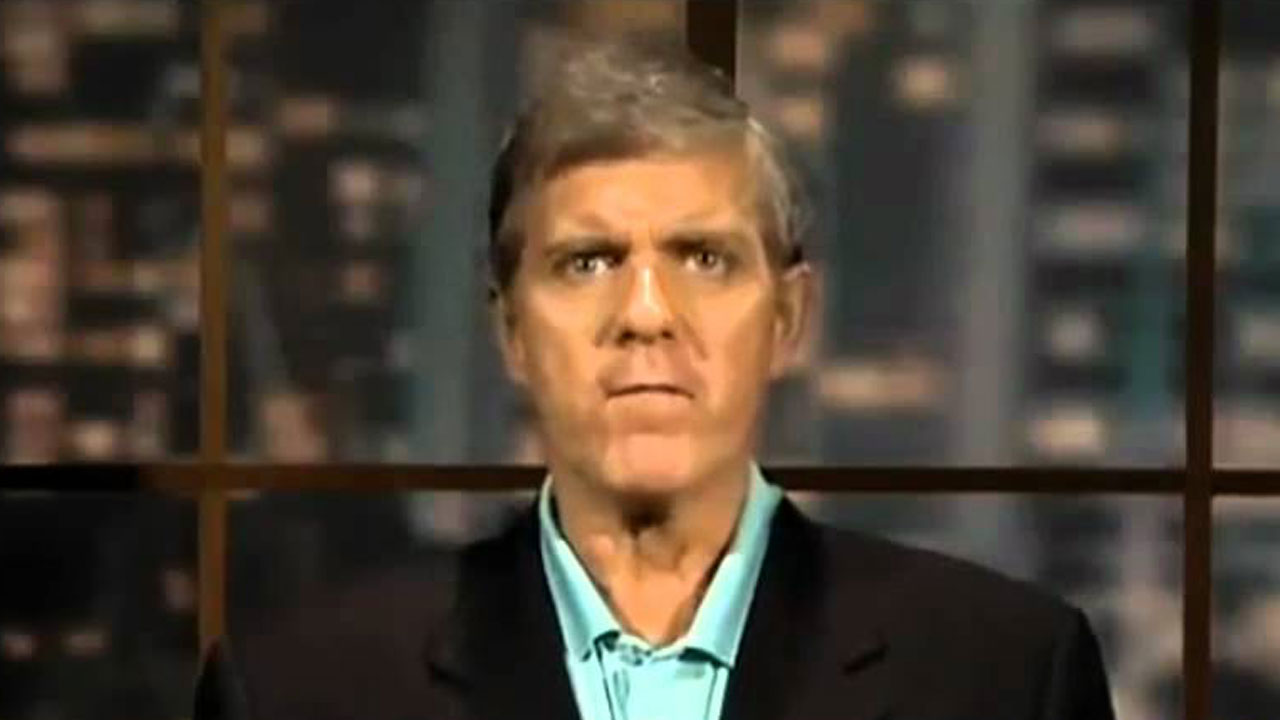The Barnes Review is well known for denying the Holocaust. But with a new issue devoted to a full-throated defense of Adolf Hitler, the journal is in new territory.
Nearly 70 years after Adolf Hitler’s death, you would think the record would be straight on the Third Reich and the Holocaust. After all, few periods in history have been subjected to as much detailed scholarly review as Hitler’s reign.
But then the denizens of The Barnes Review (TBR), a bimonthly journal dedicated to historical revisionism and denial of the Holocaust, aren’t really scholars. So it’s only a mild surprise that they’re now turning themselves inside out to make Hitler into a stand-up guy — the unfortunate victim of a slanderous campaign waged by those who worship at the “altar of the Holocaust industry.”
In TBR’s January/February issue, under the unambiguous title of “In Defense of Adolf Hitler,” the editors have thrown themselves behind the führer with all the enthusiasm of a Better Homes and Gardens special section dedicated to growing the best tulips. But even they understand they’ve crossed a line — a fact that Michael Collins Piper, a contributing editor, concedes in the lead editorial.
“[W]e should acknowledge that many of our new readers may, frankly, be startled by the theme of this issue, which — right up front — declares itself as standing ‘In Defense of Adolf Hitler,’” Piper wrote. “There aren’t many magazines anywhere — maybe we should say ‘there aren’t any magazines anywhere’ — that would take that position. Well, TBR does, without hesitation and with no apology.”
Well, color us unsurprised. When it comes to the distortion of facts in order to manipulate history, TBR remains in a class of its own. And it has pretty well always operated without hesitation or apologies.
Named after Harry Elmer Barnes, a prominent 20th-century anti-Semite and Holocaust denier, TBR was started and is still published by Willis Carto, who also founded the extreme-right Liberty Lobby and the Holocaust-denying Institute for Historical Review. Its mission over 20 years has been to bring “history into accord with the facts” in all kinds of cases. But in reality, it is obsessed with denying the Holocaust and denouncing the alleged evils of Jews. Today, it sells an “official” version of Hitler’s Mein Kampf, along with dubious books like Reckless Rites: Purim and the Legacy of Jewish Violence and The Work of All Ages: The Ongoing Plot to Rule the World From Biblical Times to the Present.
TBR even once suggested that Hitler was unfairly overlooked as a candidate for the Nobel Peace Prize. Seriously.
Now, with its special issue defending “one of the most misrepresented figures in all of history,” you might expect a nice collection of intriguing questions from TBR’s intrepid editors. When he wasn’t plotting world domination, wasn’t Hitler an avid lover of animals? When he wasn’t dealing with the “Jewish question,” didn’t he have a reputation for being great with kids? What was his personal recipe for Wiener Schnitzel, anyway? They might even have offered an article on Nazi grooming — “The Toothbrush Moustache: Time to Bring it Back?”
But they didn’t. When you look closely, TBR’s defense of the Nazi mass murderer relies on criticizing the enemies of the Third Reich and lionizing Hitler’s programs. There’s an attack on the “air terrorism” of the British. There’s a defense of the “loving and caring” Lebensborn program for unwed mothers, where “pure” Aryan women were encouraged to mate with SS officers and which included the kidnapping of perhaps a quarter million children from their parents.
The same issue also carries “The Hitler Youth Vindicated,” by Daniel W. Michaels, a former Defense Department official who says the paramilitary group merely instructed children in “the promotion of love of country and people; enjoyment of honest and open combat and of healthy physical activity; veneration of ethical and spiritual values; the placing of the common good ahead of individual gain; and the rejection of all values originating from Jewry.”
Still, even TBR admits that Hitler had a drawback.
“His major fault, if he can be criticized for that, is that he cared for and loved his own people, the German working class, who were deprived and robbed of their wealth and capital by the international bankers,” Cassian d’Ornellas, a retired teacher, wrote in one essay. D’Ornellas’ comment comes in an article that contains an important and never-before-reported fact: Contrary to what readers of TBR might think, Hitler was not, in fact, secretly funded by the Rothschilds. s


